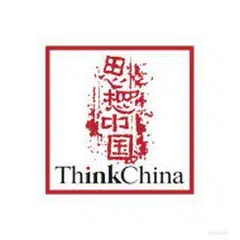Can the US remove China's developing country status?
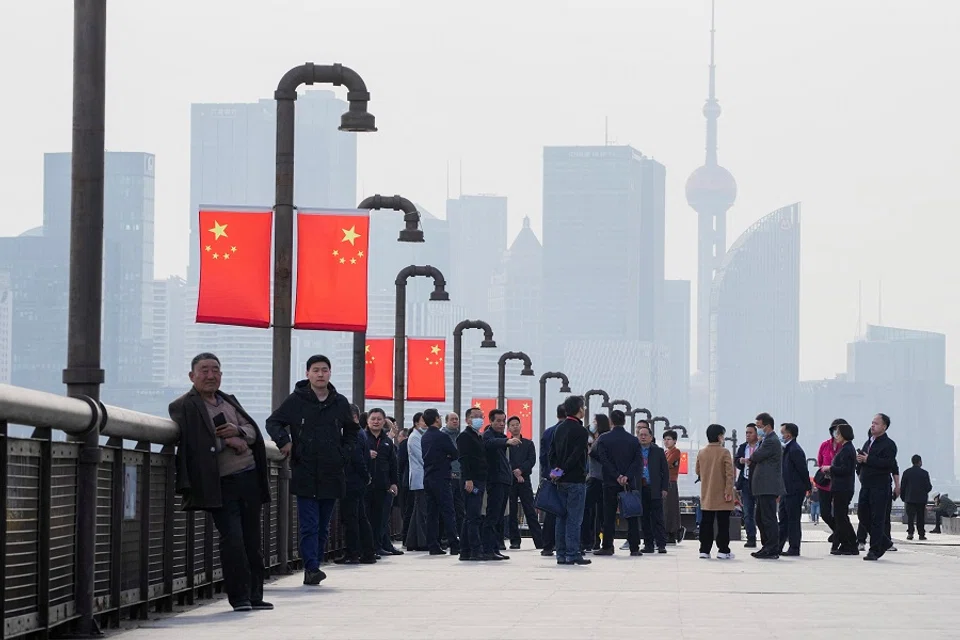
Whether a country is a developing country or not can be determined by the size of its GDP. But China's developing country status has become a political issue between China and the US.
On 27 March, the US House of Representatives unanimously passed the "PRC Is Not A Developing Country Act" in a 415-0 vote. This act requires the US Department of State to "oppose the labelling or treatment of the People's Republic of China as a developing country in each international organisation of which the United States is a member".
China is sure to see this move as another act of containment, and will continue to assert its status as a developing country. Indeed, China is trapped in a developing country's identity conundrum. On the one hand, China believes that the East is rising and the West is declining and that the world is experiencing unprecedented changes unseen in a hundred years. It is keen to promote the narrative of America's decline while Chinese academics actively argue that China has fully surpassed the US. On the other hand, China insists that it is a developing country.
Might beyond a developing country
In truth, China's economic, technological and military achievements go beyond what a developing country can produce. China is the world's second largest economy by nominal GDP and has been the world's largest trading nation for goods for six consecutive years. According to World Bank data, China is also the world's largest bilateral lender; as part of the country's Belt and Road Initiative alone, the Export-Import Bank of China and China Development Bank have already made US$498 billion in loan commitments globally between 2008 and 2021. During the same period, China's loan commitments also accounted for 83% of the US$601 billion lent by the World Bank.
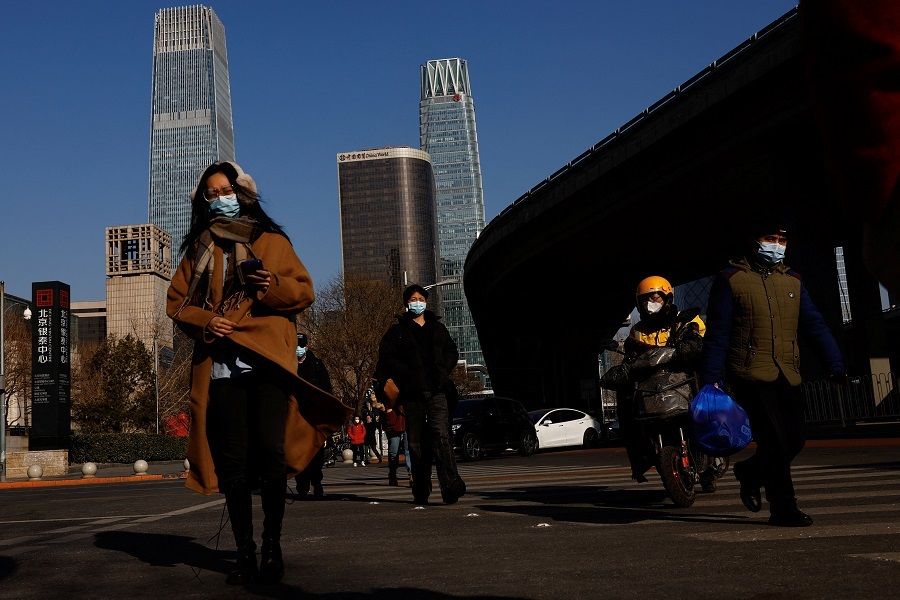
In terms of technological achievements, an Australian Strategic Policy Institute report released in March noted that China's global lead extends to 37 out of 44 technologies tracked by the institute including defence, space, robotics, energy, the environment, biotechnology, artificial intelligence, advanced materials and key quantum technology areas.
According to data from the World Intellectual Property Organization, a specialised agency of the United Nations, China surpassed the US to become the world's top patent filer in 2011 for the first time. In 2021, China filed 1.59 million patent applications, more than double the number filed by the US. In 2022, a report from the Japanese government-funded National Institute of Science and Technology Policy showed that between 2018 and 2020, Chinese scientific research papers outranked American ones in terms of the volume of papers and share among the world's top 1% most cited papers.
In recent years, China has also achieved remarkable military growth, as it now possesses the world's largest navy and has three aircraft carriers in service, among which the third is the first to be equipped with electromagnetic catapults. In November 2022, a Pentagon report warned that China now has over 400 nuclear warheads, which meant that it had almost doubled the size of its nuclear arsenal in just two years. The J-10C, J-20 and J-16 have also become the core of China's air force. All three combat aircraft are fitted with active electronically scanned array (AESA) radars and can exploit the PL-15 (CH-AA-10 Abaddon) long-range air-to-air missile. In August 2021, China also tested a nuclear-capable hypersonic missile.
How can China be a developing country when its domestic narrative paints China as an unparalleled power brimming with positive energy?
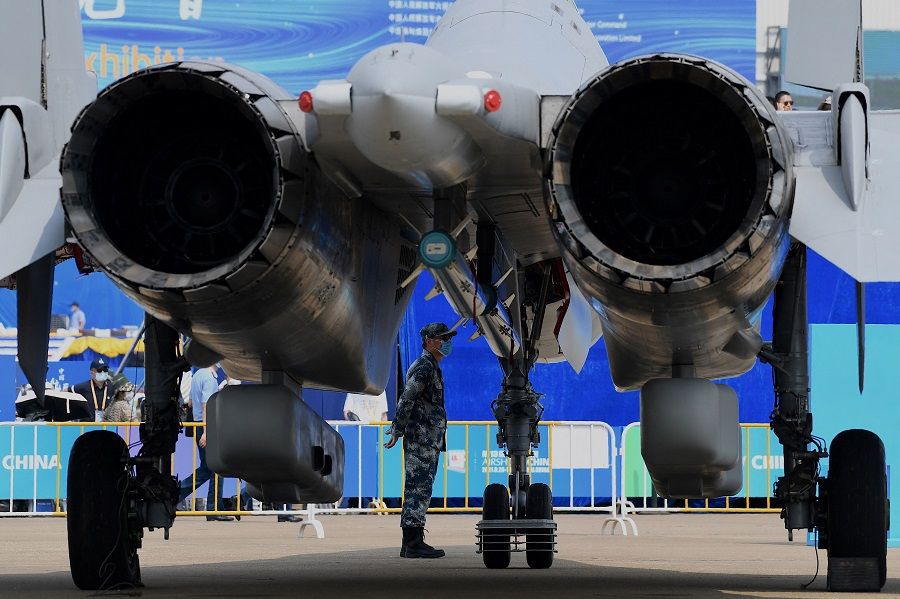
China's outstanding economic, technological and military achievements support the grand narrative that Chinese President Xi Jinping has made the people strong, and proves that the Chinese Communist Party is "a great, glorious, and correct party" and that the country's socialist system is superior. If someone dares mention how backward China is, s/he will certainly be called out for slander by the Chinese government and the media and for erasing the great achievements of the new China. How can China be a developing country when its domestic narrative paints China as an unparalleled power brimming with positive energy? To the Chinese people, China is certainly a socialist country far more powerful than the US. But in the international narrative, claiming that China is not a developing country seems to be filled with sinister intentions.
Influence of a strong power
Many note that while China insists that it's a developing country, the influence it wields on the world stage is not like that of a developing country. For instance, its peacemaking between Saudi Arabia and Iran was unimaginable, and the alliances and rivalries that have persisted for decades have been turned on their head, at least for the moment. This proves that China influenced Saudi Arabia and Iran, and one important reason for its diplomatic success is China's support and help in Iran's economy - the incident involving Huawei CFO Meng Wanzhou was the price China paid. As for influencing Saudi Arabia, China is the biggest buyer of Saudi oil.
However, that scale divided by 1.4 billion people means that China's per capita standards in various areas are indeed at the level of developing countries, or even behind.
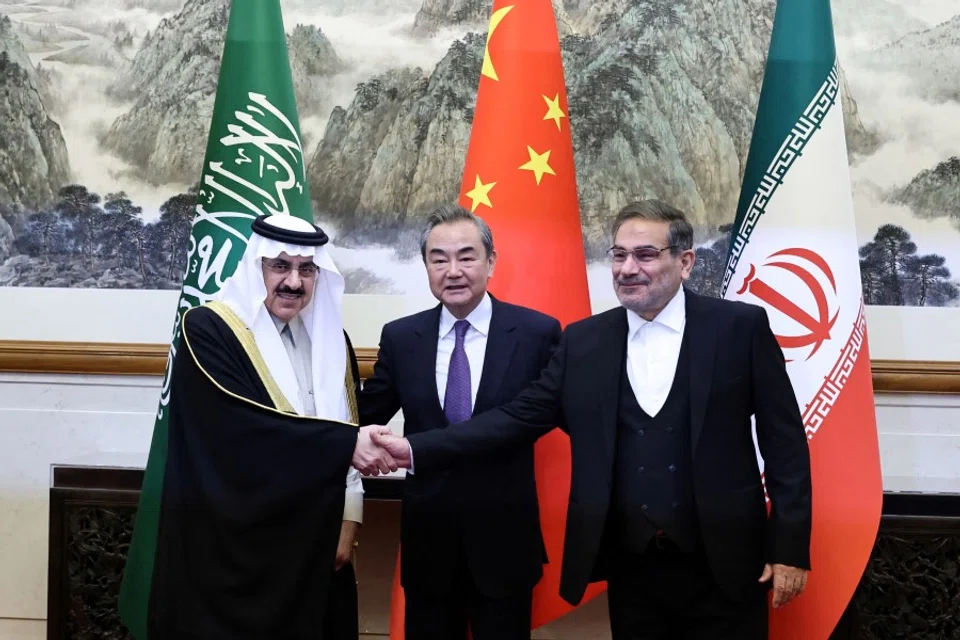
The reason that China's influence is unlike a developing country is its uniqueness. China's economic, technological and military strengths are not that of a developing country, because the sheer scale of 1.4 billion people following reform and opening up is enough to rock the world. However, that scale divided by 1.4 billion people means that China's per capita standards in various areas are indeed at the level of developing countries, or even behind.
Per capita picture tells a different story
For example, the number of doctors per thousand people is a measure of human development and an important indicator of human rights. According to a study by Evergrande Research Institute, in terms of internal medicine, which includes general practitioners and specialists, in 2016 China had 1.81 practitioners per thousand people, just slightly higher than the global average of 1.49. Japan and South Korea had 2.37 and 2.33, while South Africa had 1.9, higher than China.
Also, in the annual Human Development Index (HDI) released by the United Nations Development Programme, in 2017 China ranked 86 with an index of 0.752, in the middle of the pack. In that sense, China is completely like a developing country.
The Chinese Communist Party is playing up this contradiction between China being like and unlike a developing country to the fullest, which is the impact of "doing great things with concentrated power" (集中力量办大事) on the international community.
While per capita calculations in various areas do show that China is a developing country, given the context of the CCP's "community with a shared future for humankind", the Chinese government can efficiently and swiftly concentrate the resources of 1.4 billion people to build a new "red" world, as shown in the Belt and Road Initiative (BRI), China and Russia pushing for building new international relations, and an acceleration in forming a multipolar world.
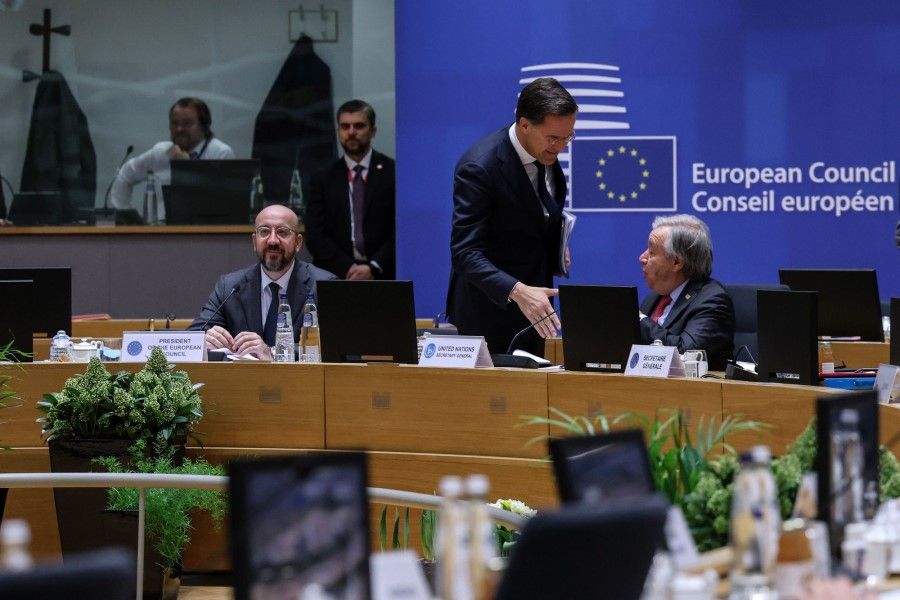
And to the US, China's rise is to change the current international order, which makes the US uncomfortable and anxious. China and Russia joining hands also makes Europe uncomfortable - at the European Council meeting on 23 March, the China theme seemed to be everywhere. In the face of China's active diplomacy, European leaders are thinking again, and it is easier for the US to persuade Europe to resist China.
This means that China will not join the developed countries club but will always stand together with developing countries. This is a practical application of the CCP's experience of presenting a united front in international relations.
China will fight to hold on to developing country status
However, when the US removes China's status as a developing country, China will strongly protest and insist that it is a developing country. Having developing country status is linked to getting low-interest loans from the World Bank, enjoying general benefits, repayment-free grants, and leeway in meeting carbon emission goals. China may not enjoy all the benefits of developing countries right now, but its insistence on that status can be flexibly used to maximise its own interests.
China's insistence on developing country status also means that it is unwilling to let the US take off that hat. China sees developing country status as a political identity that benefits its international status. Former foreign ministry spokesperson Zhao Lijian said: "China has proven itself to be a true friend and reliable partner for developing countries and will always remain so. We will always breathe the same air, share the same future and grow with fellow developing countries." Former State Councilor and Foreign Minister Wang Yi also said: "China's vote in the United Nations is always for the well-being of developing countries."
This means that China will not join the developed countries club but will always stand together with developing countries. This is a practical application of the CCP's experience of presenting a united front in international relations.
In short, China's developing country status has become an identity where China gains an advantage in the international community; and in containing China, the US would of course strive to take away that status. The effects of this tussle remain to be seen.
